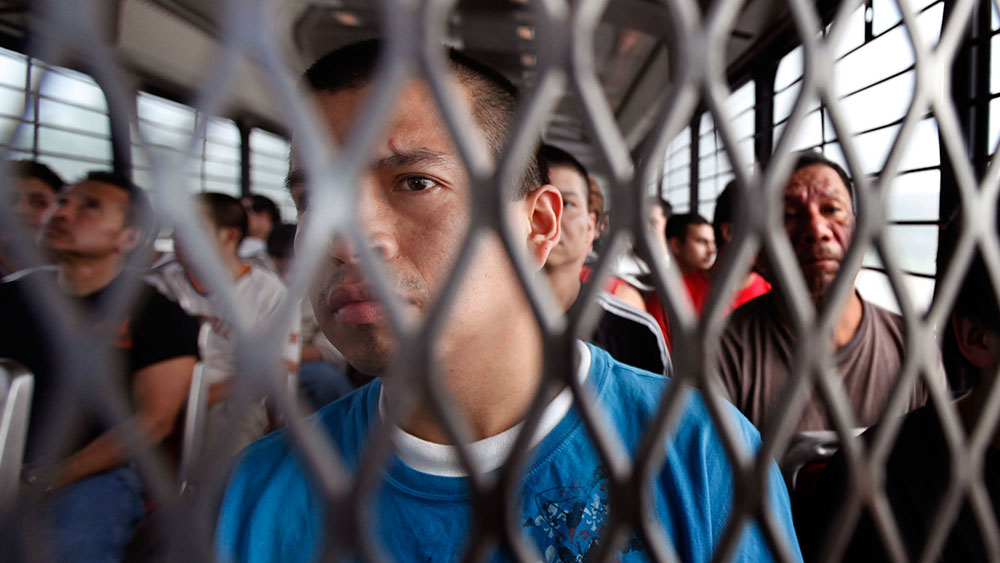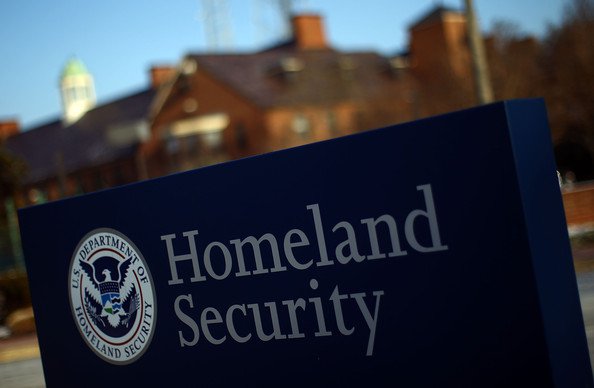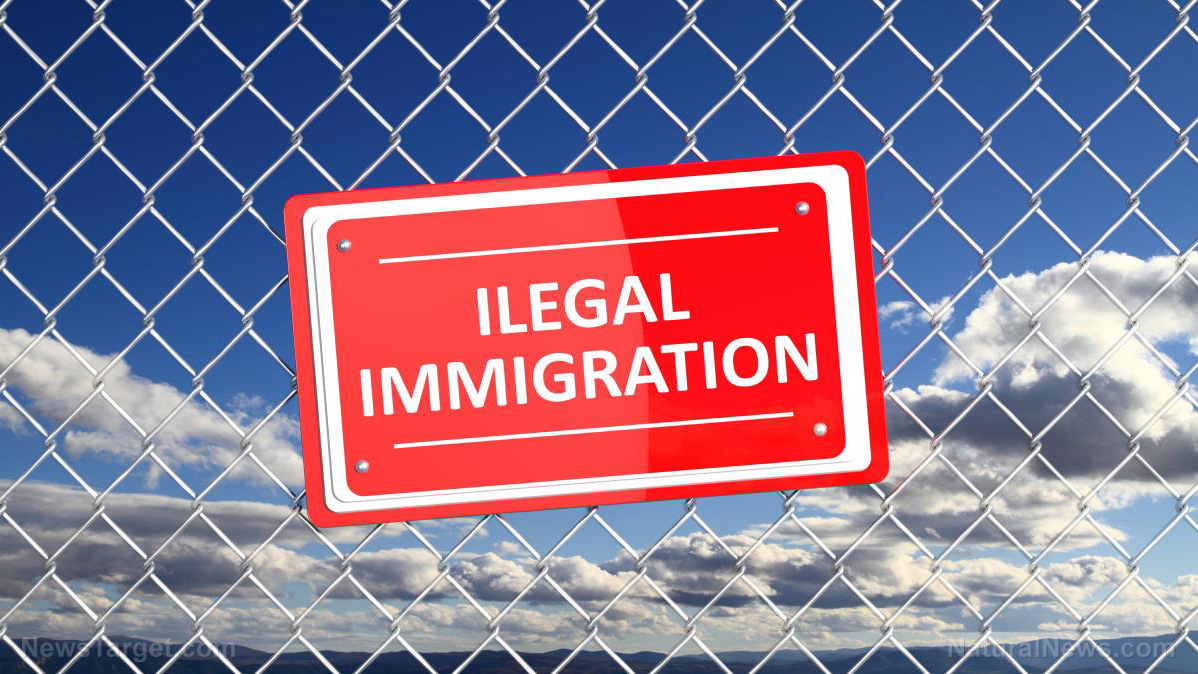 Parler
Parler Gab
Gab
- Twenty-three Venezuelan detainees accused of ties to the violent Tren de Aragua (TdA) gang barricaded themselves inside a Texas detention facility, threatened hostages and attempted to flood their unit on April 23, 2025 as per ICE officials.
- The Trump administration invoked the rarely used Alien Enemies Act of 1798 to deport them, arguing they qualify as "enemy aliens." The Supreme Court temporarily blocked deportations, requiring detainees to have legal recourse.
- Critics claim the administration's approach has led to wrongful deportations, including individuals with no criminal records or pending asylum claims. Some detainees, like Diover Millan, were nearly deported despite legal protections.
- While the administration asserts TdA is a growing U.S. threat, an internal memo disputes claims of direct Venezuelan government involvement. The Texas incident is cited as justification for swift deportation.
- The Supreme Court's intervention raises questions about the Alien Enemies Act's applicability outside wartime. The case could set a precedent on executive power, due process and immigration enforcement.
Trump: TdA gang members qualify as enemy aliens under Alien Enemies Act
The Alien Enemies Act is an 18th-century law designed to allow the president to deport foreign nationals during wartime or an invasion. President Donald Trump declared that members of TdA – a Venezuelan prison gang with alleged ties to extortion, murder and human trafficking – qualify as "enemy aliens" under this law. (Related: Trump designates drug cartels as terrorist organizations, invokes Alien Enemies Act.) But federal judges, including Trump appointees, have questioned the administration's interpretation. They argued that the law was never intended to bypass due process in immigration cases. In March, more than 130 Venezuelans were sent to El Salvador’s Terrorism Confinement Center (CECOT), a maximum-security prison. But attorneys and family members insist many detainees have no gang ties and were legally present in the U.S. with pending asylum claims. Diover Millan, a 24-year-old Venezuelan with temporary protected status, was among those nearly deported before the Supreme Court intervened. His wife, fearing retaliation, told reporters he was falsely accused. The administration claims TdA a has infiltrated the U.S., taking over apartment complexes in some cities and engaging in violent crime. Moreover, the April 23 incident at Bluebonnet is cited as proof that these detainees cannot be safely managed in U.S. custody. Thus, the administration insists that swift deportation is necessary to prevent further violence The legal battle now hinges on whether the Alien Enemies Act can be used outside of a formal war or invasion. The high court's temporary stay suggests skepticism, but the administration remains defiant. White House Press Secretary Karoline Leavitt defended the policy, accusing activists of prioritizing "terrorist aliens" over American safety. Meanwhile, detainees’ lawyers argue that due process must prevail – even for those accused of gang ties. Visit Violence.news for more similar stories. Watch acting ICE Director Todd Lyons denouncing sanctuary cities that resist the administration's deportation efforts in this clip. This video is from the TrendingNews channel on Brighteon.com.More related stories:
Texas Gov. Abbott designates Venezuelan Tren de Aragua gang as a foreign terrorist organization. 4 Members of notorious Tren de Aragua gang arrested after $75,000 jewelry heist in Texas. Texas judge threw out prosecutions of Tren de Aragua gang members who crossed border illegally. Sources include: TheNationaPulse.com Independent.co.uk Reuters.com Brighteon.comDHS requests 20,000 National Guard troops for immigration crackdown
By Laura Harris // Share
By Finn Heartley // Share
Federal POWER GRAB over states: Congress moves to block AI regulation nationwide for a decade
By Willow Tohi // Share
Governments continue to obscure COVID-19 vaccine data amid rising concerns over excess deaths
By patricklewis // Share
Tech giant Microsoft backs EXTINCTION with its support of carbon capture programs
By ramontomeydw // Share
Germany to resume arms exports to Israel despite repeated ceasefire violations
By isabelle // Share










